Why We Should Laugh More
Posted on March 3, 2021 by Debra Burdick
STUDIES SHOW LAUGHTER HELPS
Studies show that laughter can be healing, both physically and emotionally. Most of us don’t laugh often enough especially when we feel stressed or ill. Norman Cousins demonstrated the power of laughter in his book Anatomy of an Illness. Cousins described laughter as creating an analgesic effect for the pain caused by his ankylosing spondylitis.  He found that laughing markedly reduced his pain and relieved stress. He watched humorous movies and television shows to induce laughter as a consistent part of his treatment. He said, “10 minutes of laughter gave me 2 hours of pain free sleep.”
He found that laughing markedly reduced his pain and relieved stress. He watched humorous movies and television shows to induce laughter as a consistent part of his treatment. He said, “10 minutes of laughter gave me 2 hours of pain free sleep.”
Subsequent laughter research has shown that laughter has physiological effects such as:
- Changes to body chemistry and brain function.
- Increased heart and respiratory rates as well as oxygen consumption over a short period followed by a state of relaxation.
- Improved heart function.
- Relaxed muscle tone
- Revved up sympathetic nervous system (SNS) without increasing blood pressure.
- Lower levels of the stress hormone, cortisol.
- Increased immune function
- Raised levels of beta-endorphins (the feel-good chemicals of the body)
Laughter and humor also have positive effects on specific illnesses such as:
- Lower heart attack risk.
- Delayed cardiovascular complications of type 2 diabetes.
- Decreased overall rise in glucose levels after eating.
- Fewer episodes of arrhythmias and recurrent MIs during cardiac rehabilitation.
- Increased pain tolerance.
- Improved self-esteem and mood in cancer patients
- Decreased bronchial responsiveness in people with asthma
- Reduced hyperinflation of the lungs in people with severe chronic obstructive pulmonary disease (COPD).
So with the research showing us how laughter can improve health and well-being, it makes sense to think about laughter in your life. When you are stressed or ill it can sometimes feel impossible to even consider laughter or humor. And when you feel really poorly you aren’t likely to start laughing simply because this blog post told you to. But be patient and read through the next section for 4 skills that help you notice what role laughter plays in your life now, how you might add more laughter and how to do a self-induced laughter skill.
Ashley was in the midst of a very challenging time in her life. She was under a lot of stress from a chronic illness that made her feel sick and exhausted most days and left her feeling frustrated and depressed. When asked when was the last time she laughed, she could not remember any time in the past year. She thought the idea of laughing was ridiculous in her current situation. After a while she remembered laughing when her cat raced around chasing a light that was reflecting on the floor. Then she remembered laughing when she read a funny story on Facebook.
When she set her intention to notice amusing things around her she started to notice a few things every day that made her smile. She soon realized that when she focused on finding funny things, her mood lifted a bit and she forgot about her illness, if only for a few moments.
When she started to practice laughing out loud for a few minutes in the car on her way to work every day she felt foolish at first. And one time she started to cry instead when she tried to laugh. But gradually she was able to let go and laugh with her whole body. She started to notice a shift in her mood and in her body every time she practiced laughing out loud. Then she looked forward to laughing.
LAUGHTER SKILLS
1) MINDFUL AWARENESS of LAUGHTER
- Remember a time when you laughed out loud.
- What made you laugh?
- Where were you and who was with you or were you alone?
- How did it feel to laugh?
- How does it feel now to remember laughing?
- Set your intention to pay attention to how much laughter is in your life today.
- Keep track of how many times you have a good laugh. Does it feel like it is enough?
- What or who makes you laugh?
- What happens to your mind and body when you laugh?
- What changes do you notice in stress, pain, illness?
- How often do you make others laugh?
- What do you think of the statement that laughter is “the best medicine?”
- Now that you are being mindful of laughter throughout your day are you laughing more often?
2) FIND THE HUMOR
Take a few minutes and search online for something that makes you smile. It might be a joke you can share with your family, a short clip from a funny TV show, a segment from a funny pets website, a comedian. Just find something that gives you a good belly laugh.
As you laugh, notice what happens in your mind and body.
- Does laughing change how you feel about things in general?
- Did you notice any change in your physical body such as energy, stress, tension or pain?
- Did you notice any change in your mood?
3) LAUGHTER YOGA
Try this simple Laughter Yoga exercise to laugh in time to a beat.
- Say the words Massachusetts Paul Revere.
- Now laugh with the same cadence you used to say those words: Ha Ha Ho Ho Hee Hee Hee.
- Repeat this ten times. What do you notice about how your mind and body feel? Many people find that this exercise strikes them as funny enough to actually induce laughter.
- Want to get a better sense of this? Watch and listen to more Laughter Yoga examples
4) JUST LAUGH OUT LOUD
Simply try laughing out loud.
- Pretend something struck you as funny and just laugh.
- Move your body the way you would if you were laughing with a deep belly laugh. Think of this as internal jogging.
- See what happens the longer you laugh.
- Set a timer and laugh for 30 seconds and then add 30 seconds each time you practice until you can laugh for several minutes.
REFLECTION
Were you able to remember a time when you laughed? What kinds of things seem funny to you? How does laughing change how your mind and body feel? Do you notice feeling some resistance to trying laughter? What gets in your way of trying it? What benefits do you think laughing more often will give you? What helps you laugh more often? How can you incorporate a few minutes of laughter in your day?
If you often feel stressed out, check out this teletraining to help you transform stress. Transforming Stress
I would love to hear your personal experiences with this topic.
Categories: Articles, Chronic Illness, Depression, Mindfulness, Pain, Self Regulation, Sleep, Stress
Tags: Benefits of laughter, chronic illness, Laughter, Laughter skills, stress

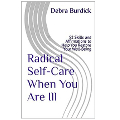

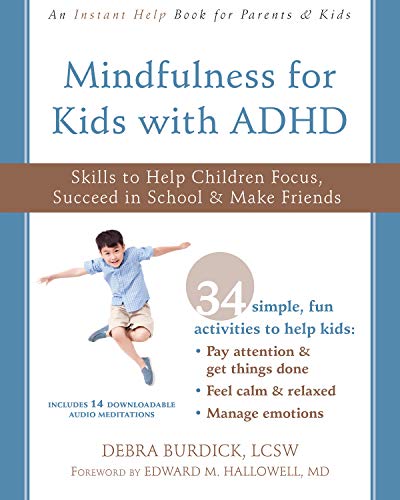
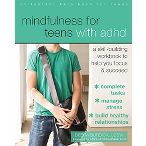
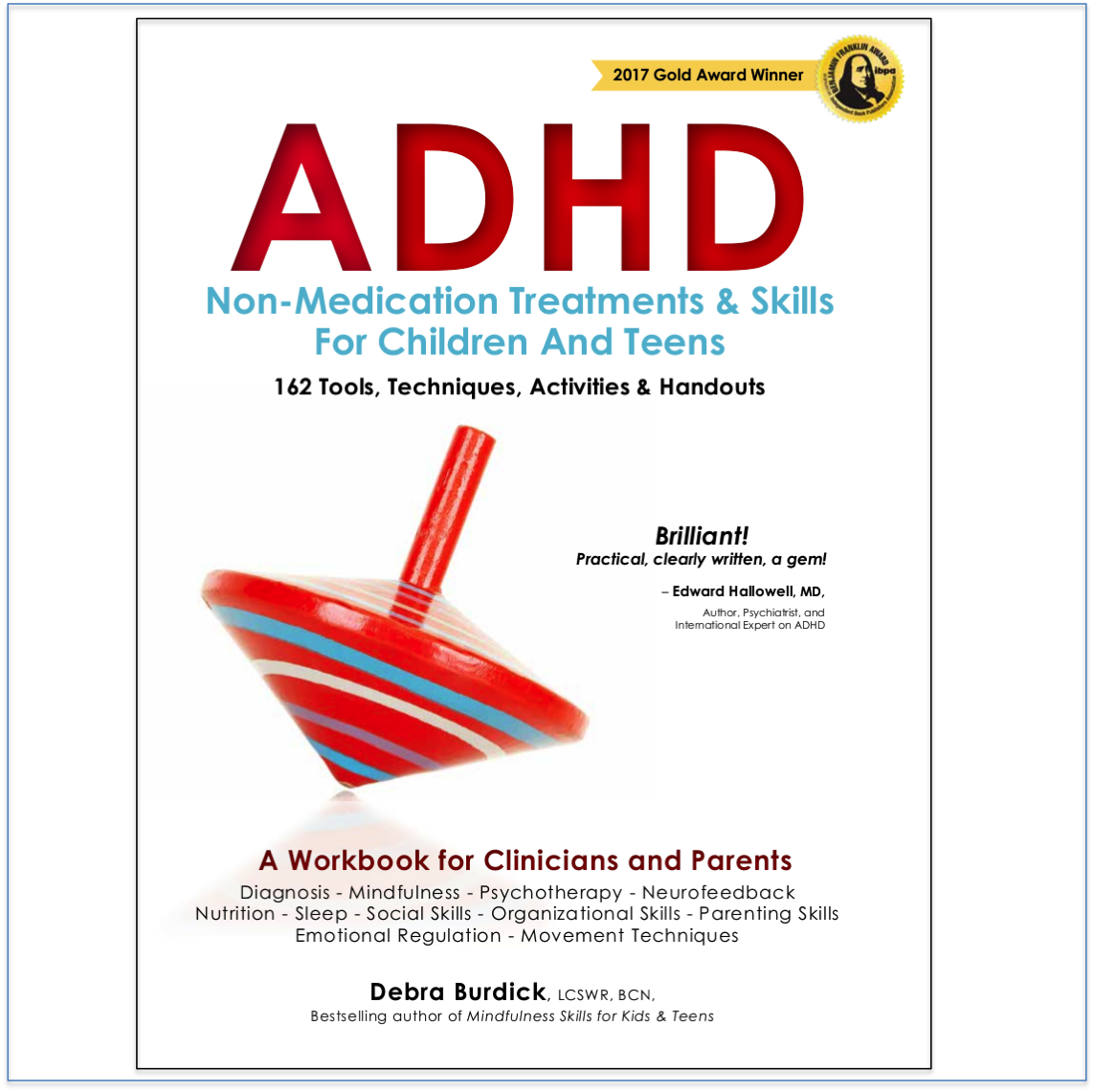
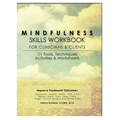
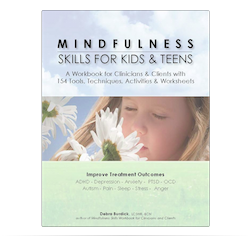
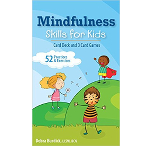
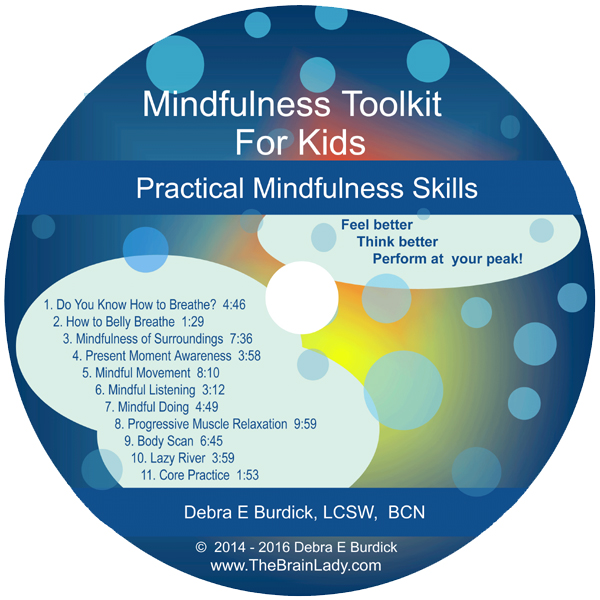
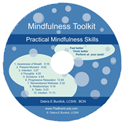
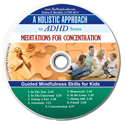
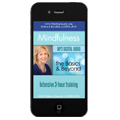
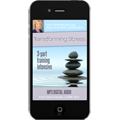
2 comments
Sometimes when I goof something up, and I’m alone- I just laugh out loud to myself! Sometimes I call my husband to tell him and we laugh together. I need to laugh more, socialize more, exercise, and ditch my depression!!
Thank you, Deb!! You’ve found singing!! Yay!
Thanks, Barbara! Laughing when you goof is so much better than getting stressed. Great idea!
The comments are closed.